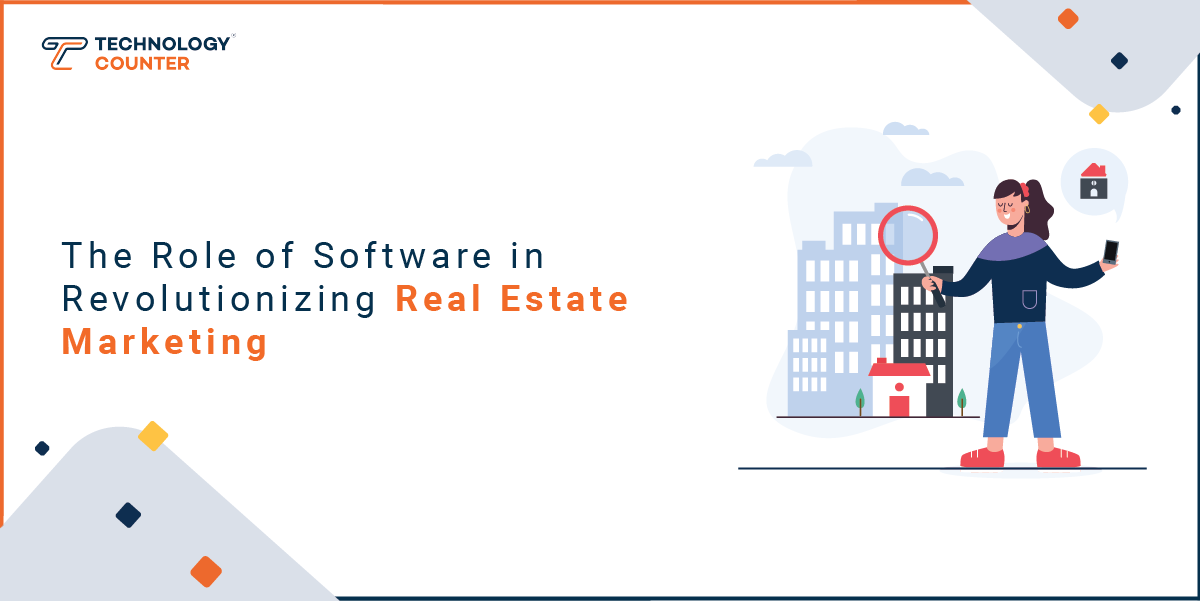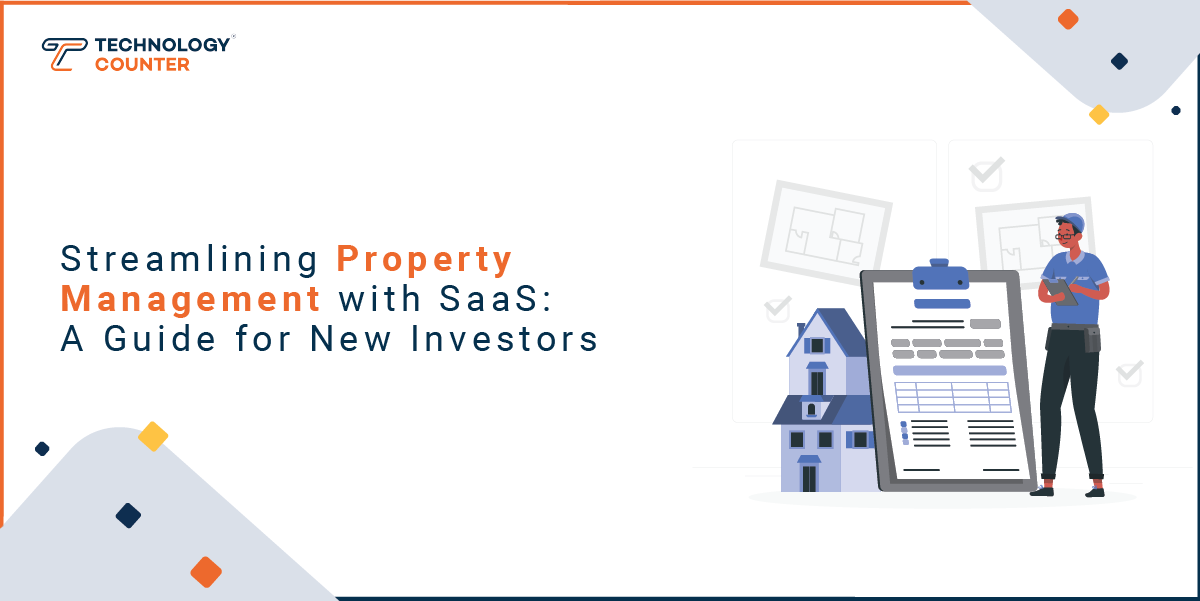In today’s tech-driven world, real estate marketing has undergone a seismic shift. Gone are the days when classified ads and word-of-mouth referrals were the primary methods of reaching clients.
Now, the power of software tools is reshaping how agents attract leads, engage with buyers, and close deals. From AI-powered property searches to virtual reality tours, these technologies are not just helpful—they’re game-changing.
Let’s explore how software is transforming real estate marketing and why staying updated is essential for staying competitive.
The Digital Era of Real Estate
Did you know that 97% of home buyers used the internet to search for homes? According to the National Association of REALTORS® (NAR), this statistic underscores how crucial online platforms are to the home-buying process. Additionally, 51% of buyers found their agent through online searches, making digital visibility a must-have for real estate professionals.
This trend isn’t slowing down. Agents who adopt advanced software tools are not only enhancing their marketing strategies but also ensuring they remain visible in a crowded market.
CRM Systems: The Backbone of Modern Marketing
Customer relationship management (CRM) systems have become indispensable in real estate. They help agents:
-
Track leads: Automatically log inquiries from websites, emails, and social media.
-
Personalize interactions: Send targeted emails or texts based on client preferences.
-
Analyze performance: Gain insights into which marketing strategies yield the best results.
Imagine having a single dashboard where all your client interactions are organized. CRM systems like Salesforce and HubSpot make it easier to stay on top of your game. By leveraging these tools, agents can build stronger relationships and close deals faster.
Virtual Tours: A New Reality
Remember when home showings were the only way to view a property? Virtual tours have changed that. With platforms like Matterport, potential buyers can explore properties from the comfort of their homes.
Why are virtual tours so effective?
-
Convenience: Buyers can view multiple properties without traveling.
-
Engagement: 3D walkthroughs capture attention better than static photos.
-
Broader reach: Out-of-town buyers can easily explore options remotely.
These tools aren’t just convenient for buyers—they’re also a boon for sellers. Listings with virtual tours get more clicks and inquiries, making them a must-have for competitive marketing.
Data Analytics: Turning Numbers Into Insights
Real estate agents are now leveraging data analytics to optimize their campaigns. Tools like Tableau and Power BI allow professionals to:
-
Identify which neighborhoods are trending.
-
Track the performance of online ads.
-
Predict market trends and client behavior.
For example, a detailed analysis of local market data can help agents price homes more competitively. This is where tools like a home value estimator come in handy, offering sellers accurate insights into their property’s worth. These estimates not only build trust but also set realistic expectations for both buyers and sellers.
Social Media: The New Word-of-Mouth
Social media platforms are no longer optional; they’re essential. According to the NAR’s Technology Trends Report, 85% of agents use social media marketing. Platforms like Facebook, Instagram, and LinkedIn allow agents to:
-
Showcase properties with stunning visuals and videos.
-
Connect directly with potential clients.
-
Share testimonials and success stories.
Want to boost engagement? Try hosting a live Q&A session or posting behind-the-scenes content about your listings. These small steps can make a big difference.
AI and Machine Learning: The Future of Real Estate Marketing
Artificial intelligence is no longer science fiction; it’s a reality shaping real estate. From chatbots that answer inquiries 24/7 to AI-powered tools that predict market trends, the possibilities are endless.
For instance, platforms like Inman often highlight innovations like AI-driven property search platforms and virtual reality integrations. According to Forbes, AI is not just enhancing efficiency but also enabling hyper-personalized marketing—a crucial factor in today’s competitive landscape.
Staying Competitive in a Dynamic Market
The real estate market is evolving rapidly. As technology continues to advance, so do client expectations. Here are some tips to stay ahead:
-
Invest in training: Familiarize yourself with the latest tools and software.
-
Stay informed: Regularly read reports from trusted sources like Harvard Business Review and Gartner to understand industry trends.
-
Adapt quickly: Embrace new tools as they emerge—your competitors certainly will.
The role of software in real estate marketing cannot be overstated. From CRM systems that streamline client interactions to virtual tours that offer immersive experiences, technology is revolutionizing the industry. By leveraging data analytics and staying active on social media, agents can attract more clients and optimize their strategies.
The message is clear: staying updated with the latest software tools isn’t just an option; it’s a necessity. As the real estate landscape continues to evolve, those who adapt will thrive, while those who don’t risk being left behind.
Ready to take your marketing to the next level? Start exploring Real Estate tools today.




.png)






Post your comment